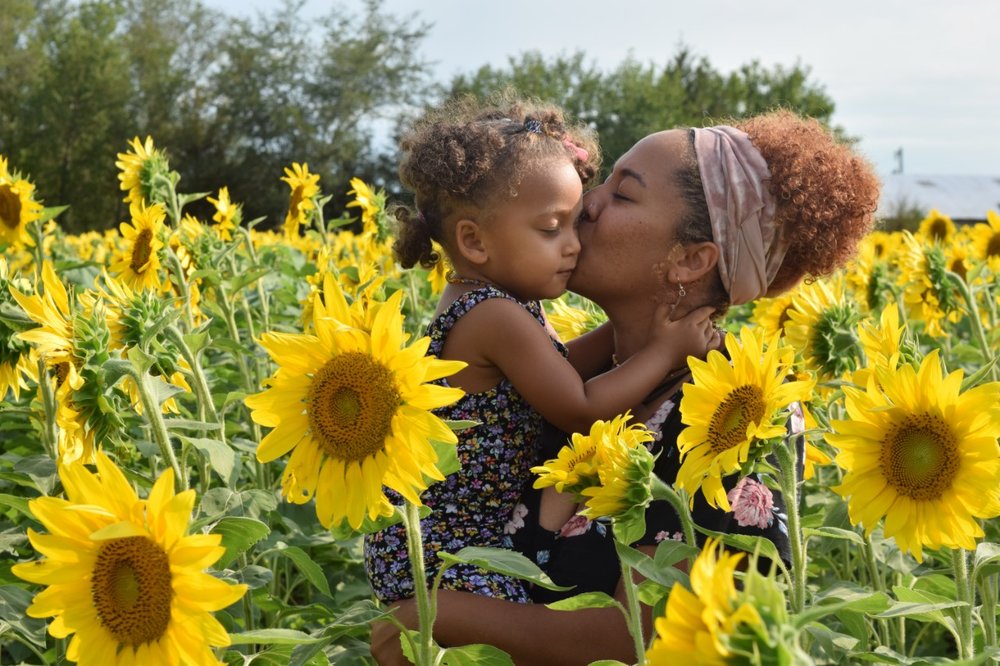Family has always played a major part in my life, and when I was a girl, I dreamed of being matriarch of a large one. For the most part, I was raised in a traditional household with both parents and a younger brother. (My two older sisters, one from each parent, were raised by other family members, but were a constant part of our lives.)
I learned from my mother’s example how to be a good, dutiful wife who cleans, cooks, supports her man, and raises the children. I took note of what the traditional roles of a husband and wife should be and vowed to be the best wife— the ride or die kind—for the best man who’d sweep me off my feet. Without realizing the pressure I was putting on myself, I’d give my unborn children first and middle names without even knowing what our last name would be. Like most of the girls in my circle, I dreamed of being educated first, happily married second, and filling my mansion with brown-eyed children third.
This was the Cinderella complex magnified, and I was too blinded by the fairy tale to anticipate what would become my own reality: being a single mother.
Like many children, my 5-year-old son comes from a single-parent household. A part of my learning to adapt to this new co-parenting reality is limiting the dialogue between his father and me. This isn’t to be disrespectful or mean, but a way to protect myself from disappointment or confusion. As much as this works for me, recent conversations with my son have shown this to be painful for him.
The fact that what I’m giving him might not be enough is shocking and terrifying.
“I want you to talk to daddy nicely,” he said, looking down at his feet and smiling.
“What do you mean, son? I am nice to daddy.”
“No, you’re not,” he said between smile-laughs. “I want you to talk to him and hug him.”
“Oh, get out of here!” I laughed back, but assured him that I’d try. The conversation ended as quickly as it started, but it lingered in my mind for days.
Weeks later, he brought the issue up again with a similar smile, this time while looking at me. I stopped what I was doing and held him to show my support for his concern. When I asked him why it was so important, he told me that he wanted his family together. Like in my childhood, and even the visualization I had years ago, he has an idea of a two-parent household filled with children and happy memories. However, his reality is seeing one parent more often than the other.
While I pride myself on being an active mother to him, the fact that what I’m giving him might not be enough is shocking and terrifying. I remembered how good I felt as a child coming home to see both my parents any given night and instantly felt sadness for my son, whose dreams of a happy family could become reality if I just spoke nicely to his father.
I love my son as much as any mother. Naturally, I would do for him whatever he needs to feel loved, normal, and accepted. No matter how much of an inconvenience it may be for me, if speaking nicely to his father will give him the glimmer of hope that I once had, I’ll do it, no questions asked.
RELATED ARTICLES
4 Black Parenting Blogs You Should Bookmark
From Terrified To Overjoyed: How I Got Over My Pregnancy Fears

















